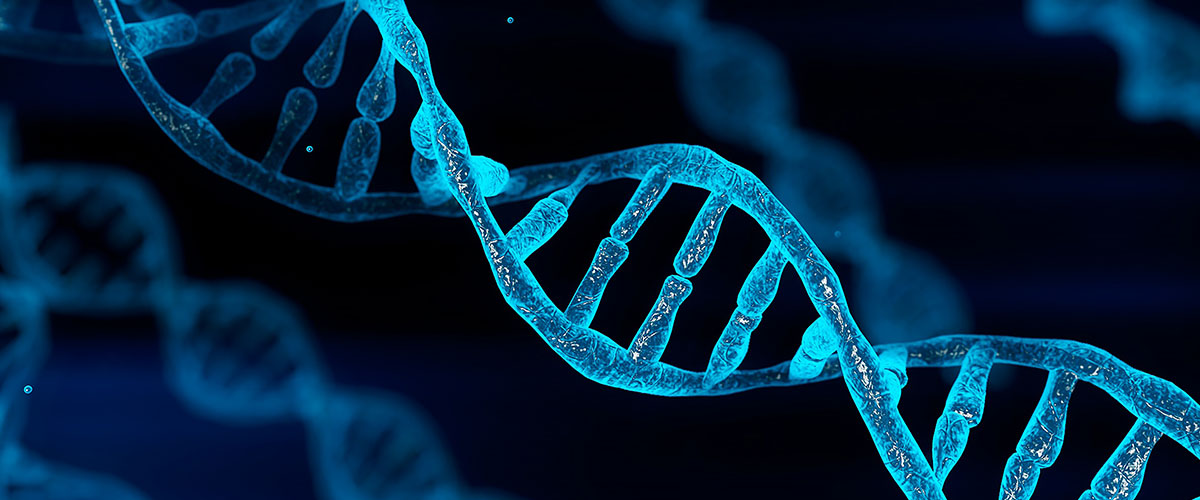)
System biology to determine the cancer immune set-point and develop novel biomarkers of immunotherapy response in patients with non-small cell lung cancer
Project Duration: 2015-2022
MOHCCN Consortium: Marathon of Hope - Quebec
Investigators: B Routy, E Auclin, A Elkrief
Partners: CRCHUM and CHUM
Project goals:
- Define gut microbiome (GM) signatures associated with response to immune checkpoint inhibitors (ICI) in patients with metastatic non-small cell lung cancer (NSCLC).
- Determine the impact of immune infiltration and tumor heterogeneity on response and survival in patients with metastatic NSCLC treated with ICI. The tumor and tumor heterogeneity will be assessed via Whole Exome Sequencing and RNASeq.
- Study the link between GM composition and tumor immune infiltration to have a better understanding of the cancer immune set point.
Summary:
Immune checkpoint inhibitors (ICI) represent the standard therapy for patients with metastatic non-small cell lung cancer (NSCLC). Despite improvements in overall survival (OS), only a minority of patients experience long-term/significant responses, and therefore understanding the mechanisms of primary resistance to ICI is an urgent need.
Resistance to ICI is driven by the cancer immune set point, comprising multiple factors that govern tumor immune evasion. Some factors are related to the tumor such as low mutational burden, poor intrinsic antigenicity, and limited tumor infiltration related to exhausted T-cell functions. The gut microbiome (GM) is a major non-tumor-related factor influencing the response to ICI. However, there is a knowledge gap around the mechanisms linking the GM to the tumor microenvironment (TME).
The goal of this proposal is to evaluate GM signatures, tumor immune infiltration and heterogeneity, as well as the link between all three of these elements in patients treated with ICI for a metastatic NSCLC.
